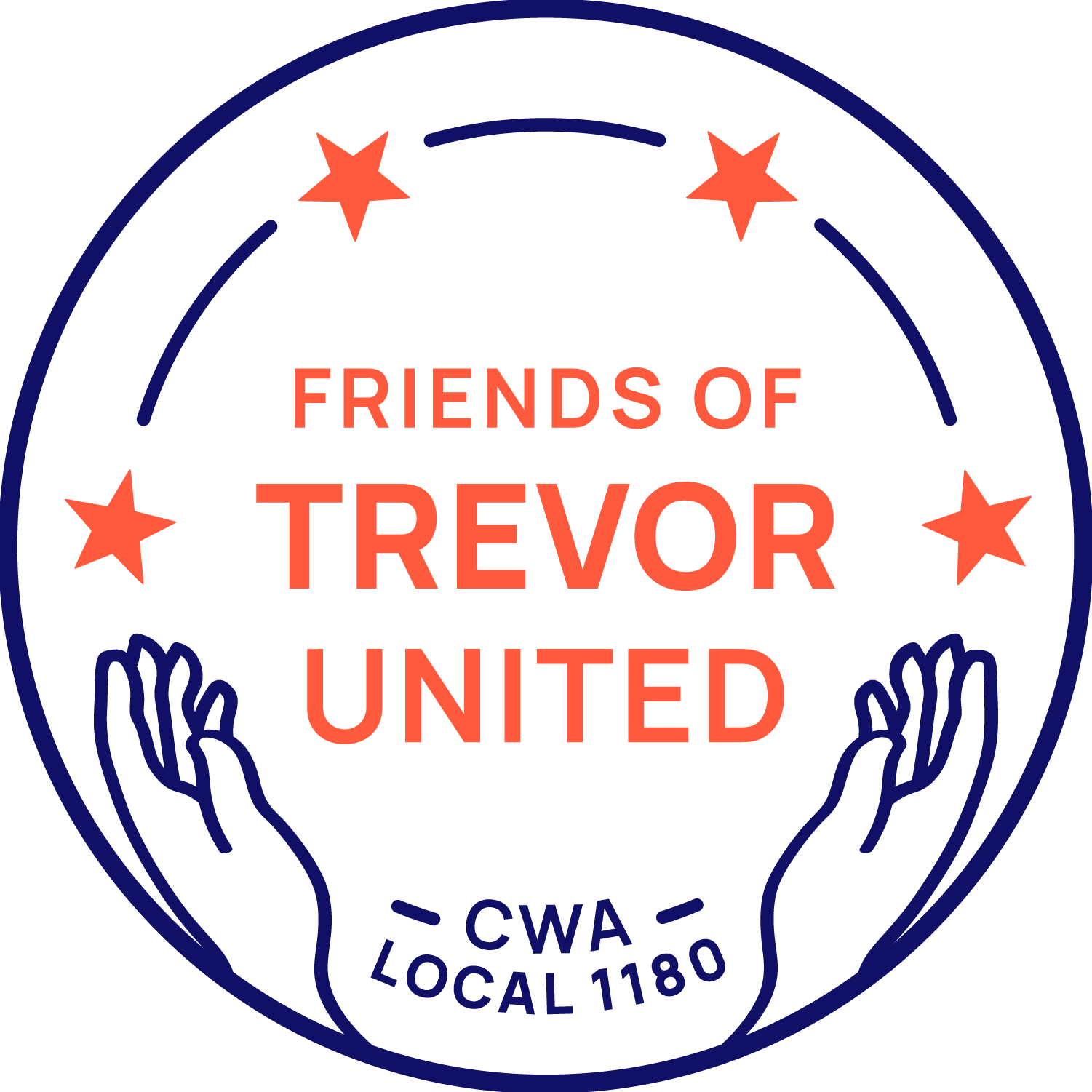Communication Workers of America (CWA) has filed Unfair Labor Practice (ULP) charges against The Trevor Project for retaliation, disciplinary action taken against our union leaders, and coercive rules that violate our member’s NRLA Section 7 right to concerted action.
The Trevor Project leadership continues to provide misleading and false information surrounding their bad faith bargaining with the union; all while preventing our members from responding to these lies by shutting off comment access to their internal org-wide posts.
On July 13, The Trevor Project leadership held an all-staff meeting in which they prohibited staff from asking questions during the meeting, shut off access to chat and comment options, and disabled meeting Q&A functionality.
Our union leaders engaged in their federally protected right to concerted action in order to combat the blatant misinformation being spread by Trevor Project leadership.
The interim CEO and Founder, Peggy Rajski, resorted to publicly berating and chastising staff members and union leaders, threatening them with disciplinary action for exercising their rights – a clear violation of labor law under Section 7 of the NLRA.
Despite being unlawful, Trevor Project leadership and managers chose to move forward with the targeted retaliation against our union leaders. They mischaracterized the concerted activity as “abusive behavior and bullying” in a company-wide email.
In this email, leadership stated that “our entire community relies on communication channels like these meetings to stay informed and connected,” yet they actively prevent staff members from asking questions in meetings, they spread misinformation, and they have barred staff access to the meeting recording.
Under NLRA Section 7, it is unlawful to:
- Threaten employees with adverse consequences if they engage in protected, concerted activity.
- Discharge, constructively discharge, suspend, layoff, fail to recall from layoff, demote, discipline, or take any other adverse action against employees because of their protected, concerted activities.
- Prohibit employees from talking about the union or workplace concerns during working time, if you permit them to talk about other non-work-related subjects.

